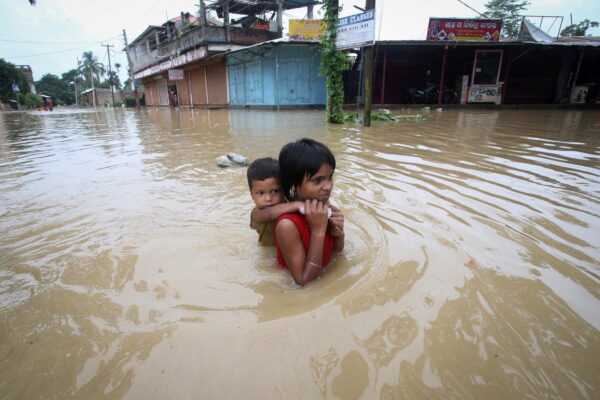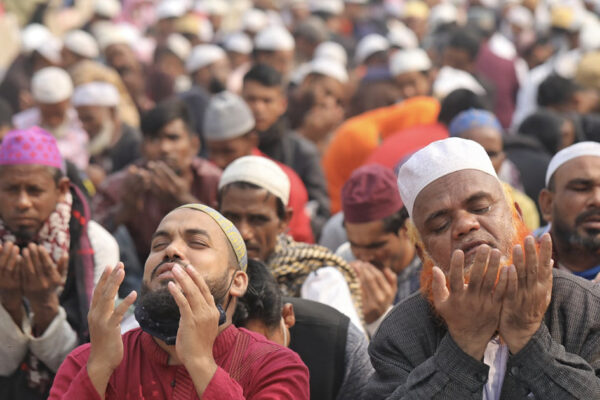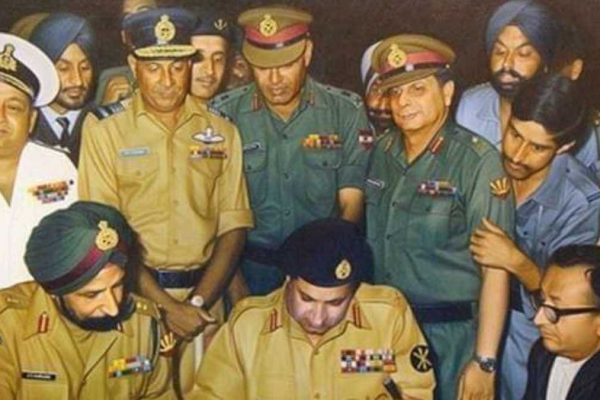So what now for Bangladesh?
So what now for Bangladesh?
After 15 years of authoritarianism, the totalitarian Awami League government of Bangladesh, Prime Minister Sheikh Hasina, has finally resigned at the mass protests in her official resident in Dhaka, Bangladesh. Hundreds of thousands of people celebrate her resignation victorious.
People are now calling it “The Second Independence” of the country, that was first seceded from Pakistan in 1971. People in the country were so vexed with the government’s attempt to destroy democracy, escalate human rights violation, appoint corrupt officials for her government, and more.
Decayed Democracy Under Hasin’s Government
Over the last 15 years, AL has intensified crackdowns on the opposition party members, intensifying the politically motivated arrests, disappearance, and killings. The human rights watch called it “autocratic crackdowns.” As Bangladesh’s biggest trading partner, America tried to restoring the human rights and democracy in Bangladesh.
The Biden administration sanctioned the elite force of Bangladesh police, RAB, which has dramatically decreased the extra judicial killings and forced disappearance. To protect the ailing democracy in the country, the White House has also restricted visas on the individuals who would intimidate voters undermining a free and fare election.
However, all the attempts of protecting democracy in Bangladesh went in vain. In January 2024, Hasina’s government won the election without the participation of the main opposition party BNP. Only 40% vote was counted, which was only 28% after seven hours the poll opened.
Within an hour the counting jumped to 40% that looked like ballot stuffing to ensure the legitimacy of the election. But, the low turnout of the 170 million people of which approximately 120 million were registered voters question the legitimacy of the election without the participation of the opposition party BNP. Before the national election, the ruling Awami League government put majority of the opposition party leaders and members behind the bar.
Since the last massive rally of the opposition party in October last year, BNP said that some 20,000 of its activists have been arrested which is more than double now and hundreds of thousands of the supporters are in hideouts or exile. With the party chief, Begum Zia under house arrest, acting president exiled in London, and the Secretary General jailed, BNP’s head office was locked up on the Election Day. So, the opposition BNP wanted the release of their leaders, activists, and supporters who were jailed politically motivated, fictitious and concocted cases.
The Student Protest and the End of Autocratic Regime
The student protests that started later in July of this year, turned into victory on August 5, 2024. At first, the students wanted a reform for the job quota system that allowed more than 50% government job to a specific group of people in the government’s Civil Service and other sectors. The students claimed that the quota system was discriminatory and it undermines the practice of merit – based fairness in the job markets.
The special group of people that benefit from the system includes ethnic minorities, the physically disabled, women, and the descendants of the freedom fighters’ children and grandchildren. But, the demonstrators want the reform of a quota system that is allocated for the children and grandchildren of the freedom fighters, which is 30% for the government’s 1st and 2nd class jobs.
It doesn’t mean that the students have no respect for the war heroes who fought for the country in 1971. The protestors demand a reform of the system; not the removal. More specifically, they think a reform of the job quota for the children and grandchildren of the war heroes should be reconsidered because it seems quite illogical to allocate job quotas for the offspring of the veterans even after 53 years of the country’s independence when thousands of graduates are left unemployed every ear.
However, the peaceful demonstrations of the students turned into a violent one at Prime Minister Hasina’s remark on the protestors. In her speech to a press conference, she compared the protestors with the Razakars, a derogatory term for those who collaborated with the Pakistani Army during the war of independence of Bangladesh in 1971.
The government backed police along with Hasina’s supporters fired rubber bullets, tear gas shells; blank round bullets, and sound grenades to quell the demonstration across the country. The attack resulted in many deaths.
This ignites anger among the residents who oversee the situation from their house balconies and properties. Residents kept open their WiFi networks for the protestors as the government shut internet services, but later the government cut off all the broadband services too. Tenants throw free water bottles to the students from their rooftops. By now, the general mass and the students together raised their voices against the authoritarian government of Sheikh Hasina.
People stood in solidarity with the students believing that the country’s cancer corruption will be eliminated through this protest. Singling out the corrupt officials who are often accused of money laundering, land grabbing, and power misusing is a long cherish desire of the people from all walks of life in Bangladesh.
The majority of the people, including the parents and teachers of the students support the student protest for this could also end the practice of nepotism and ensure democratic rights. This is how the student protest had turned into a public protest.
With the death toll rise, curfew imposition, and frequent internet blackout, the student protest morphed into mass uprising that resulted in organizing a rally called “March for Dhaka” on August 5th. Tens of thousands of people marched towards the residential house of Seikh Hasina in Dhaka. As the protestors stormed around her residential buildings, she resigned ending her 15 years in power. The army chief Gen. Waker–uz–Zaman has already met the opposition leaders and the civil society to restore the democracy of Bangladesh.





